“Swiss Review”: Mr Steiner, on a scale of 1 to 6 – with 6 being the most serious – how bad is the doping problem in Switzerland?
Marco Steiner: I can’t say exactly, but if I were to guess, I’d say “4”.
Why is that?
It’s a fact that we carry out too few checks to be able to make any conclusive statements on the matter. With a budget of just under CHF 5 million, we carry out about 2,000 checks each year. Just take a look at football: ten Super League teams with an average of 25 players each makes 250 people. Two thousand divided by 250 would make eight checks per player per year; too few for a conclusive assessment. And that’s if no other athletes were checked, only footballers. In the best-case scenario, we’re discouraging people from doping.
At present, 14 sportsmen and one sportswoman have been banned in Switzerland, none of them famous-name athletes. Do you assume that all the celebrity athletes are clean?
I don’t assume that, but my instincts aren’t enough. We have a relatively large number of pending cases that also include athletes who are reasonably well-known. And we have a new system. Positive analysis results will be handled by a state prosecutor to begin with. We press charges and hope that a house search will be carried out or the person’s calls are monitored. The process means two things for us: First of all, the matter must be kept strictly confidential, otherwise it is unlikely any state prosecutor will support us. Secondly, the state prosecutor may have another 300 files on the desk at once – many of which are at least as important.
There is evidence of systematic doping on a grand scale in Russian athletics. Would something like that be possible in Switzerland too?
I think we must differentiate between two elements. Of course it would be possible for laboratories in Switzerland to collude with sports federations to promote doping, for athletes to attempt to bribe people or for a club or federation to undermine the work of the supervisory bodies. Why not? Why should people here be any different to those in Russia? But I think we must probably draw the line at state involvement. I believe that democracy and the rule of law are so firmly established here in Switzerland that we can hope the intelligence services would not get involved in manipulating samples – and that the Swiss Federal Office of Sport would not be working against us. After all, sport doesn’t have such high importance in Switzerland.
In principle, though, even you could be involved and nobody would know, am I right?
When I mention federations, I don’t exclude myself or Antidoping Switzerland. Yes, why not me too? Why not a laboratory? Why not another employee of Antidoping Switzerland? It’s entirely possible. But I don’t think there is a broad-based political will to create the conditions that have arisen in Russia.
Who is tested in Switzerland?
Tests are only carried out on athletes who have a licence, are members of a club or take part in competitions. We’re not generally interested in bodybuilders at fitness centres who may have pumped themselves full of forbidden substances. After that it’s a question of level: theoretically, even a footballer in the fifth division could be tested. But it’s only those in the first division and up who can definitely expect to be tested now and then. In the Super League, we try to carry out tests in a targeted manner. The same applies to all sports: the better the athlete, the more likely it is that they will be tested.
How are tests distributed across the various sports?
We have a catalogue with several criteria such as “inherent doping risk”, major events and physiological risk. We also use popularity surveys. We then make a rather complicated calculation that stipulates a specific number of tests per federation per year.
But these criteria mean that athletes in more rarely-tested sports can train in relative tranquillity with a minimal chance of getting caught.
That’s right. For every test we carry out, say on a professional cyclist, there is one less check being conducted elsewhere. However, the organisations that fund us expect us to get a more-or-less global impression of top-level sport in Switzerland.
Where do you get the money for all this?
Just under two-thirds comes from the Swiss Federal Office of Sport. A third is from Swiss Olympic, in other words, indirectly from the federations we check. But that’s another story. The rest we generate ourselves through tests we sell to events that wouldn’t otherwise conduct any. We also benefit from administrative fees for packages intercepted at customs.
What is this other story? That there should be greater independence?
Yes. We’re a foundation and thus bound by articles of incorporation that state what we can and should do. The Federal Office of Sport and Swiss Olympic can only pin conditions to their payments to a very limited extent because our independence is enshrined in our articles of association. But our financial backers may be more or less inclined to actually pay us or even pay us more. Complete independence is therefore utopian. It would be possible only with so much foundation capital that it covers its own costs through interest earned.
How can you be sure there aren’t all kinds of doping methods that are still undiscovered and that you aren’t two steps behind?
I am pretty sure that we definitely are two steps behind. We know what these methods are, too, but simply can’t prove it. Then there are many “cool” substances that are not forbidden, as well as substances that are known to be difficult to prove, such as growth hormones.
So you wouldn’t rule out the possibility that a relatively high percentage of cyclists, for example, are still doping?
I would maybe even say it more pointedly, and it would not grieve me to do so. But I’ll stick with what I said: that we simply do not know.
And how credible do you find the Olympic Games in terms of doping?
The competitions are likely to be relatively clean. The training leading up to them is a completely different story. But even here I could be wrong because when the International Olympic Committee actually carries out follow-up tests after the Games many of these yield positive results. The blanket statement that nobody would be stupid enough to compete while using forbidden substances therefore probably isn’t true.
What do you think: will various rankings have to be redistributed after the Summer Olympics in Rio de Janeiro?
Yes, but it already looks like many countries have a less systematic approach to doping than Russia.
Where, for example?
The US has a similarly large number of athletes as Russia, and at least during the Cold War it also had a similar attitude about the importance of sporting success. But if we look at what Usada, the US anti-doping organisation, is doing, if we look at its positive cases and its ruthlessness even in relatively harmless doping cases – even if we know that the US conducts too few tests, there is hope that countries that work well will have an excellent deterrent effect. In spite of my concerns, I would also count Switzerland as one of these countries.
www.antidoping.ch
Benjamin Steffen is the sports editor at the “Neue Zürcher Zeitung”
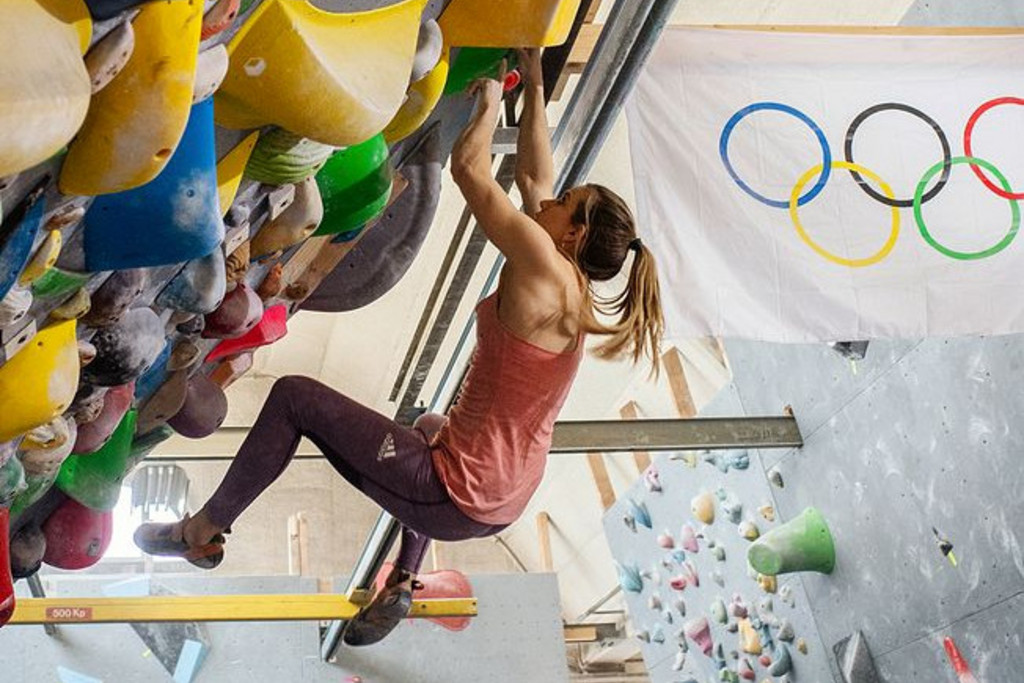
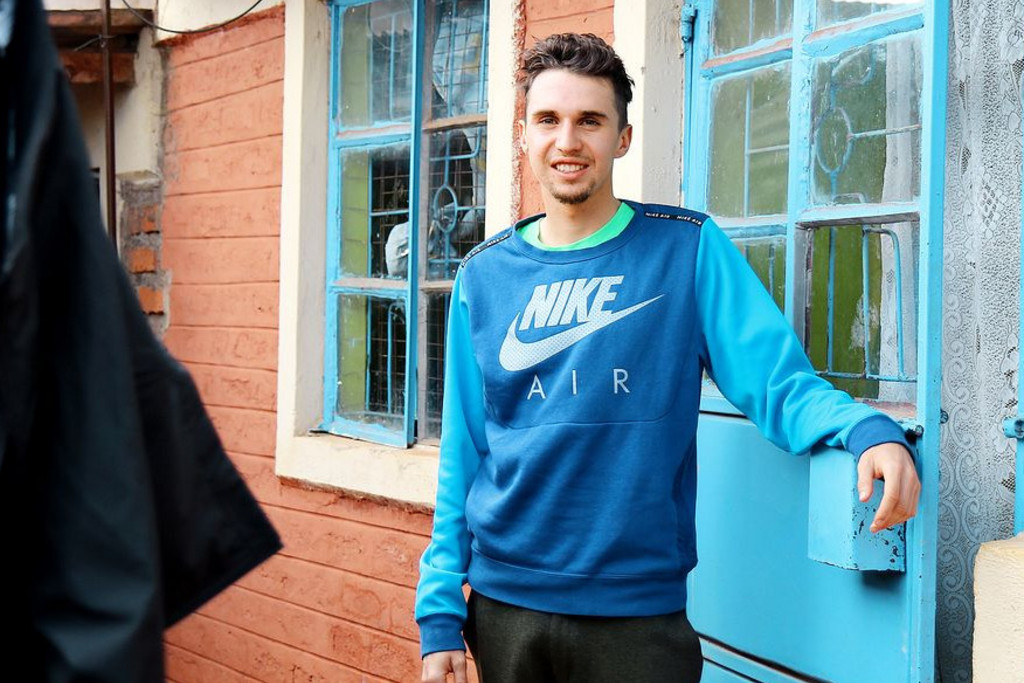
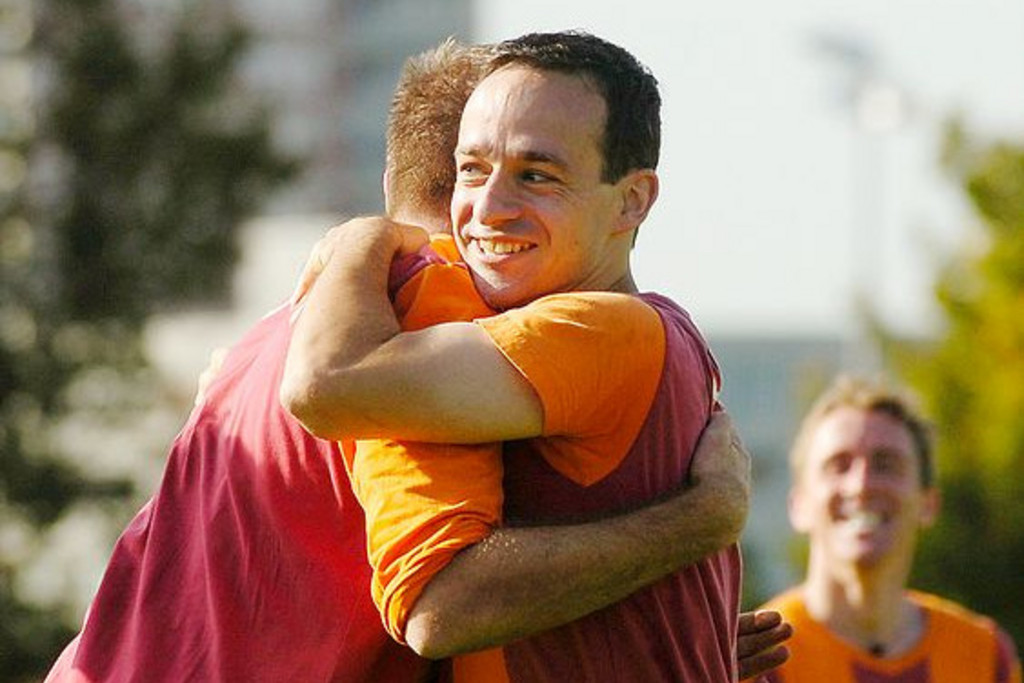
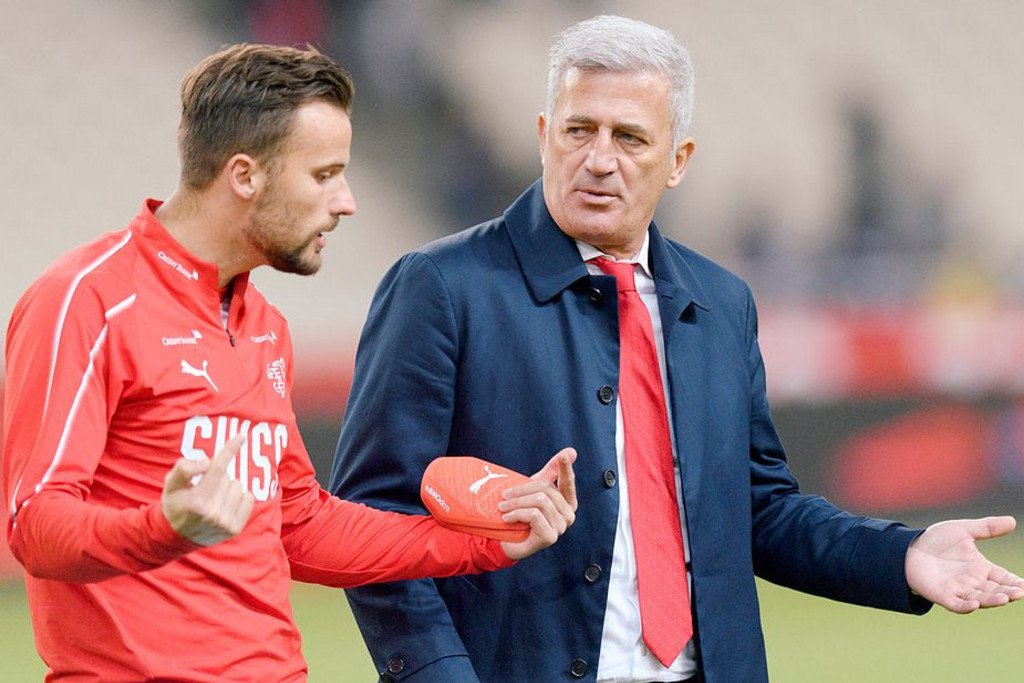
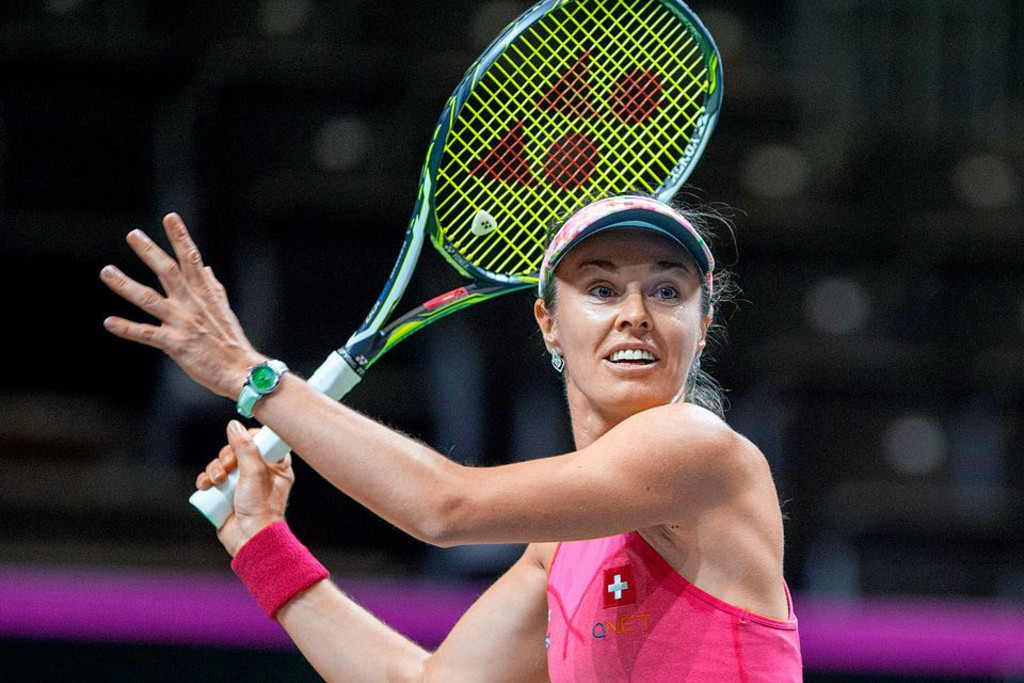
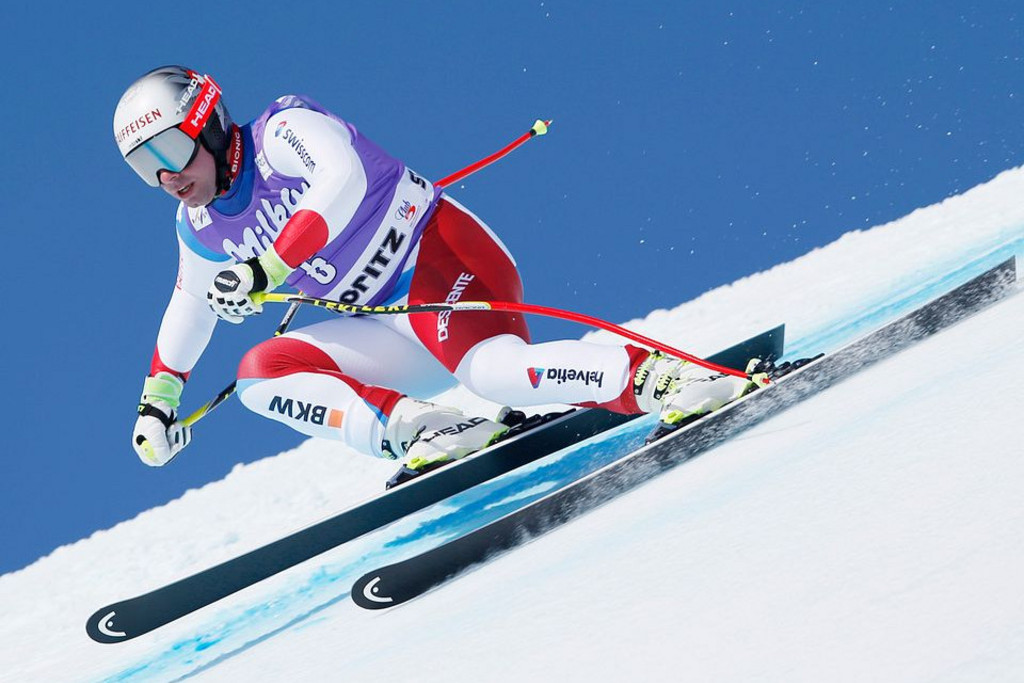
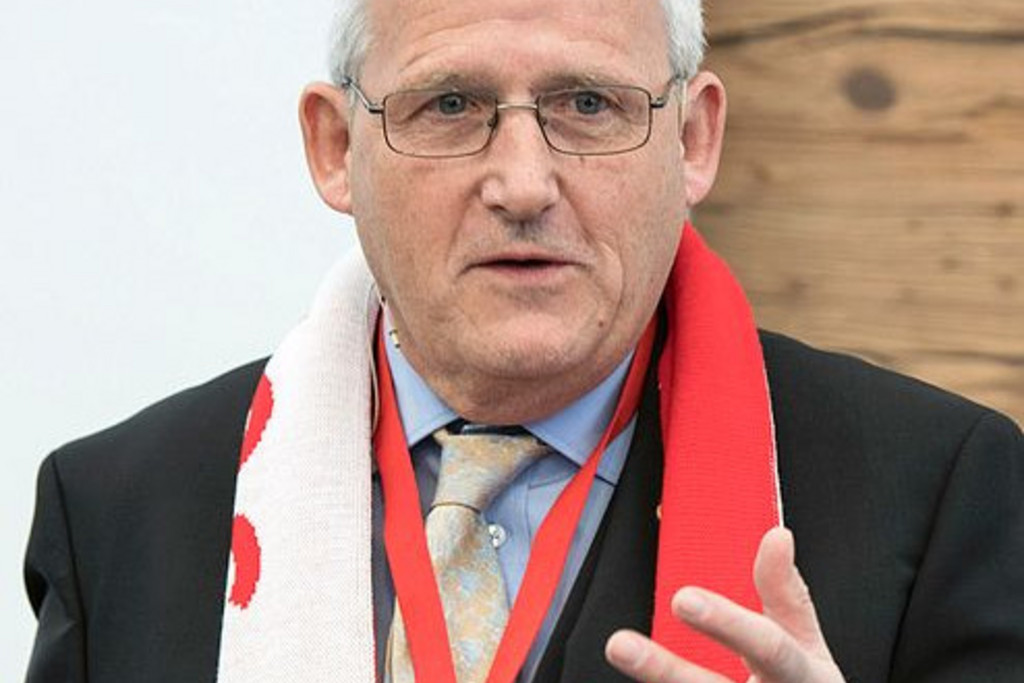
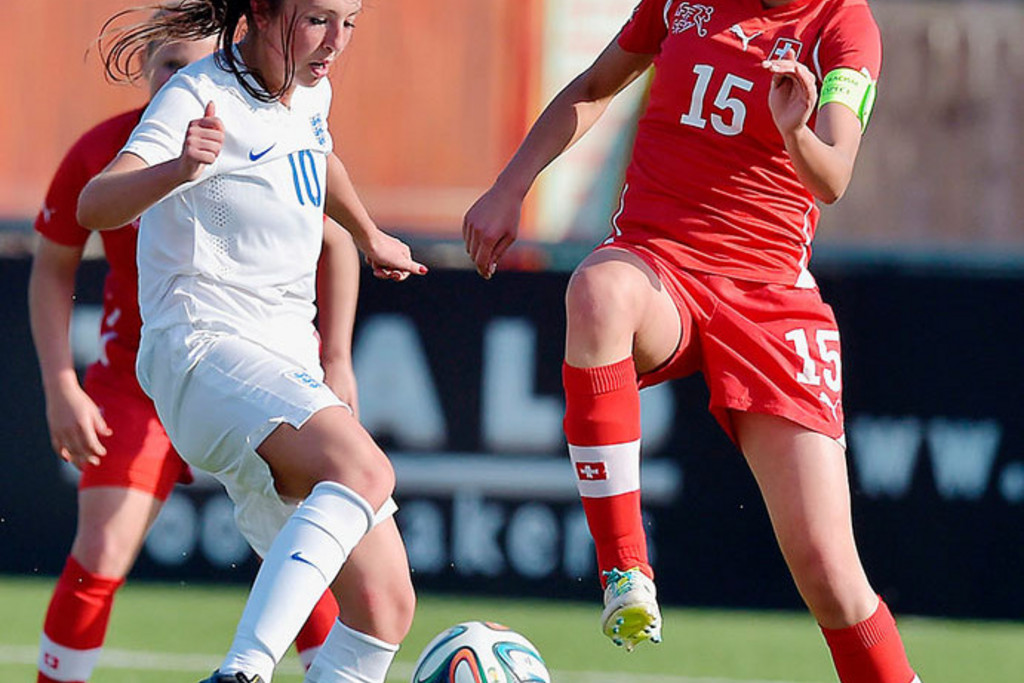



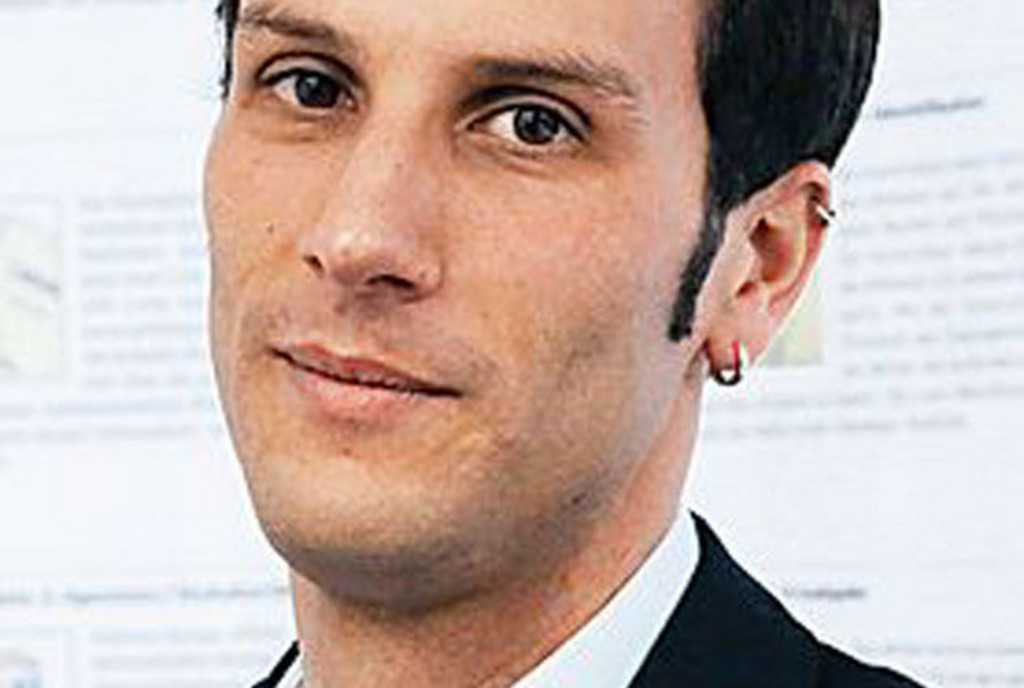
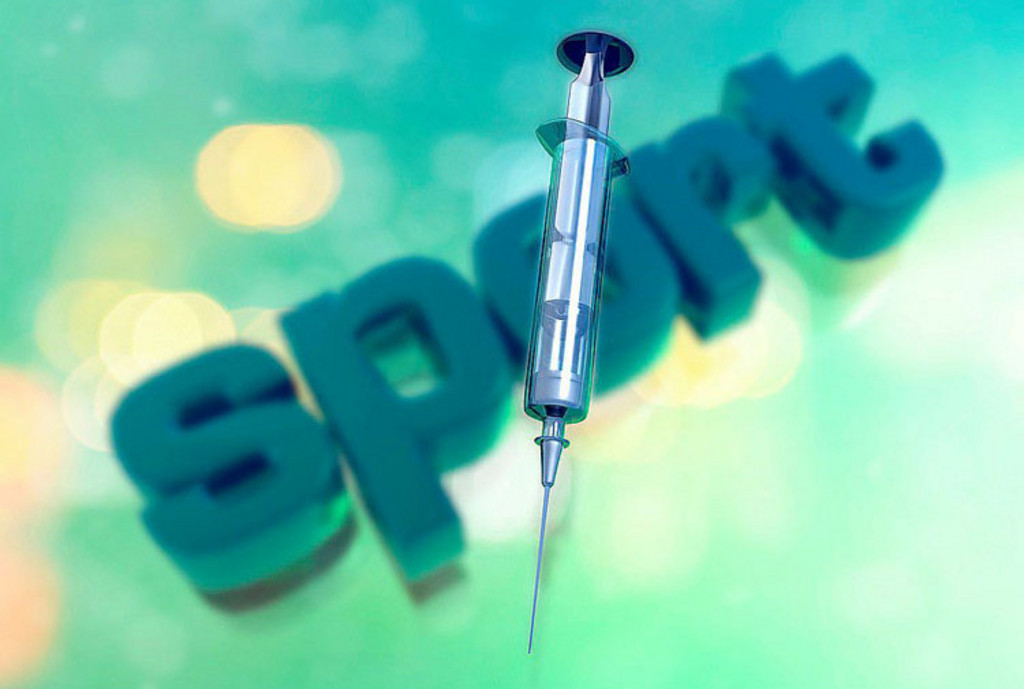
Comments
Comments :